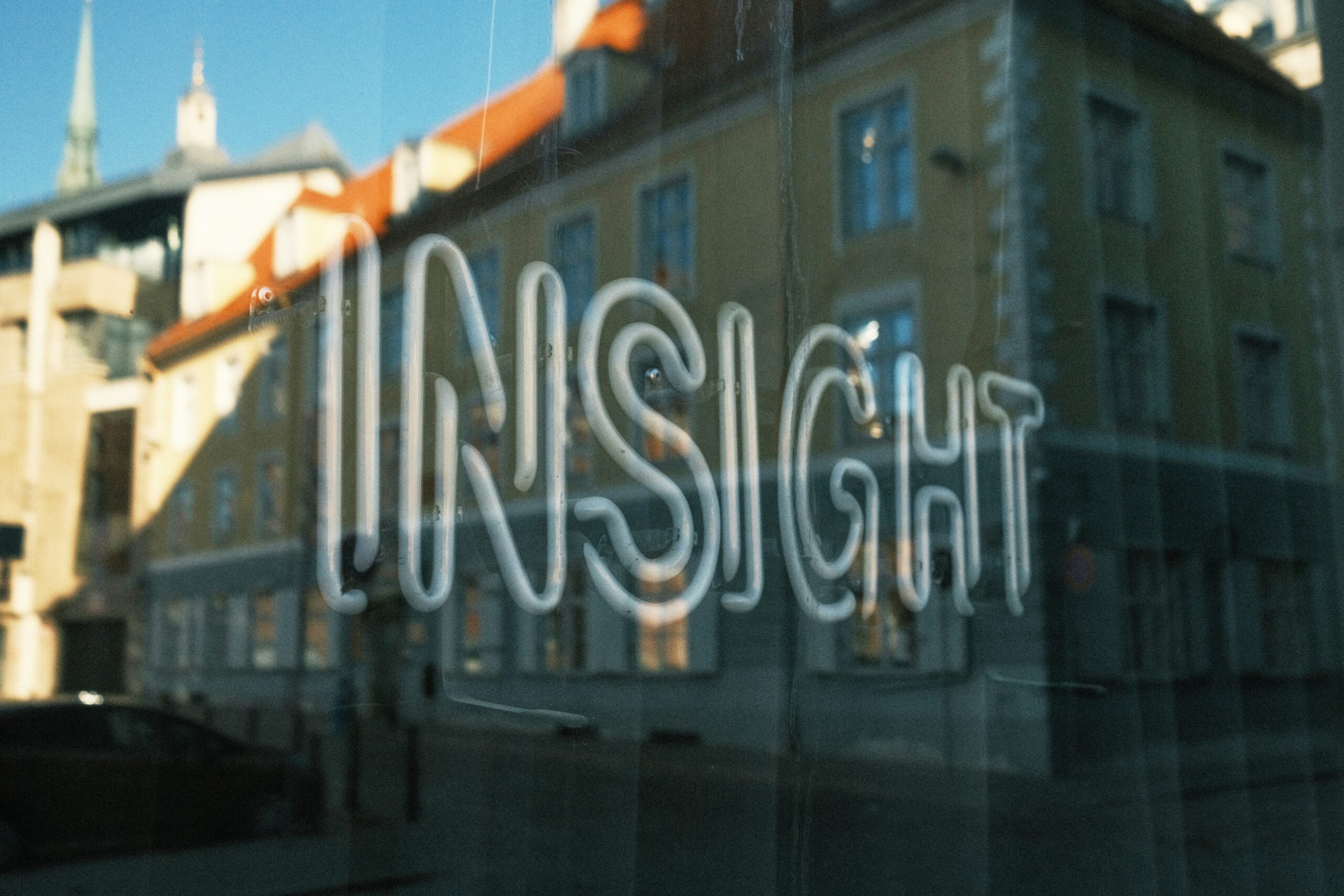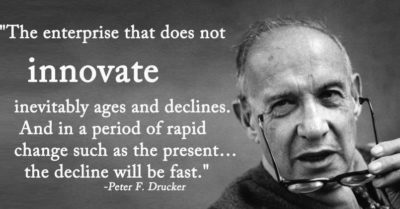Three things we learnt this week
Each and every week the Square Holes team are deep in the bowels of a number of projects, working to mine all of the insights that we can to help grow businesses and support thriving cities.
These insights are used by businesses and organisations to innovate their offerings, move into new markets, track their impact and hone their products and output. Each week we will be sharing a broad insight that we have learnt for you to use in your own work.
Let us know what you find valuable!
Jason: Humans vs robots
“A growing challenge is how to recruit people for their ability to truly think—not just use AI tools. While AI often gives the illusion of intelligence, it can be surprisingly limited, encouraging lazy thinking and masking mental rust. One quirky example: ask ChatGPT to pick a number between 0 and 10, and it almost always says 7. That’s not intelligence—that’s repetition. Will we look back in 5, 10, or 20 years and laugh, or cry, at what this has done to our minds? Are we sleepwalking into an intellectual climate crisis, where we divide into two classes: the thinkers and the reliant? How do we test for switched-on minds in an AI age? It’s time to rethink how we future-proof human intelligence—because while AI may assist, the real value still lies in the human brain”.
Ps this is ‘a ChatGPT AI improved version of a LinkedIn post of mine this week’ – read my original – non-AI version HERE.
Following my above post, I’ve been playing with a few AI checkers. While plagiarism is easy to check, AI has flaws. It is interesting to reflect on when are we happy with 100% AI, and when are we not. An automated message from a service provider, new team recruit who only writes with AI, a break up letter, a project brief, doctor visit, or a large expensive consultancy engagement? How we use or don’t use AI is an important ethical discussion for ‘today’, not one to try to fix up the mess in years to come.
Dylan: Effective rebranding
With car brand Jaguar this week parting ways with the advertising agency that was behind their failed rebrand last year, I have been reflecting on what a rebrand should mean. It is not just about changing visuals, rather it’s about managing perception, emotion, and legacy. Even subtle shifts in design or messaging can provoke strong reactions if they conflict with a brand’s established identity, highlighting the importance of authenticity and audience insight in any brand evolution.
Mahalia: Doing the right thing
While we would like to think that everyone is driven by the same desire to do the right thing, it’s been proven that time and time again when it comes to corporate responsibility – some organisations are falling short. In a current project we are working on, while many individuals in different organisations were aligned with sustainability measures, cost was still a deciding factor when it came to implementation. In unsteady economic times, Government need to step up to provide incentives to guide corporate interests to align with those of the greater public – ones that look to circular economies and stewardship towards the environment.
Think your business or organisation could do with some insights? Contact us here.




